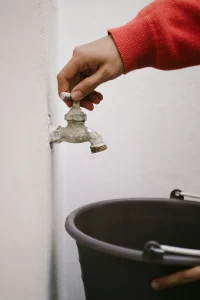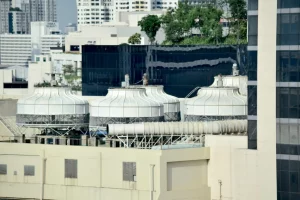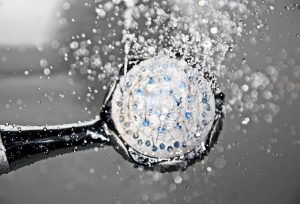2 Minuten alle 3 Tage? 3 Minuten alle 5 Tage? 5 Minuten alle 7 Tage? Wie lange und wie oft ist Spülen aus hygienischer Sicht wirklich sinnvoll?
Die Frage nach der richtigen Dauer und Frequenz von Spülvorgängen an Trinkwasserauslässen gehört zu den am häufigsten diskutierten Themen der Wasserhygiene.“ Wie viele Minuten?“, „Wie oft?“ – und vor allem: Was ist evidenzbasiert? Die Antwort lautet: Es gibt keine universell einheitlich richtige Spülzeit oder -frequenz. Warum einfache Spülregeln nicht funktionieren Die hygienische Sicherheit eines Trinkwassersystems […]










